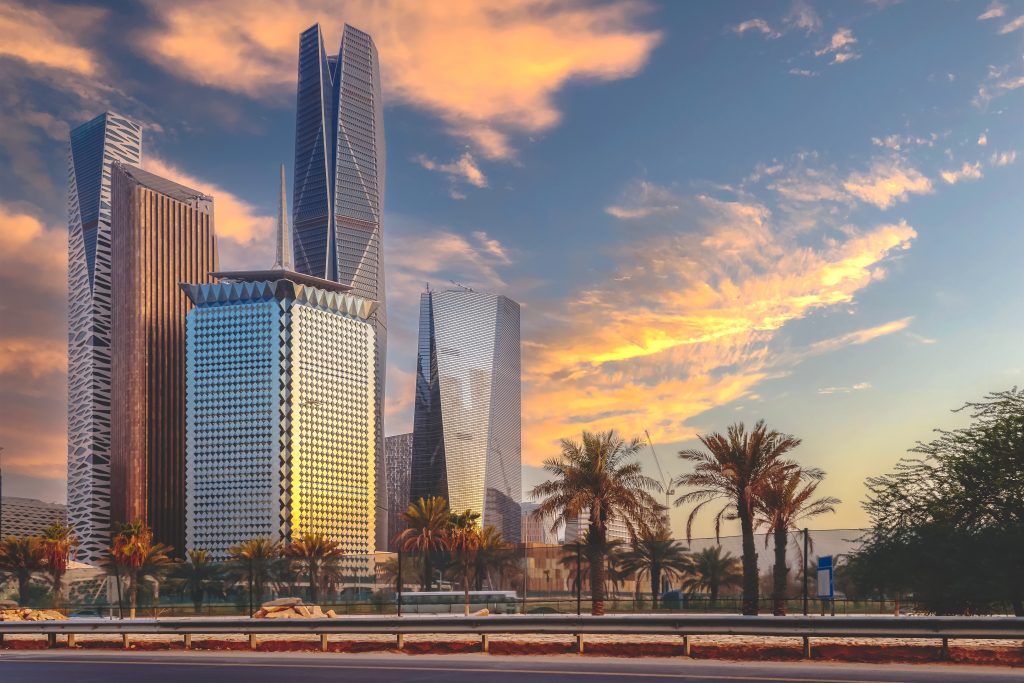The Kingdom of Saudi Arabia has achieved a historic economic milestone, with its gross domestic product (GDP) exceeding the $1 trillion mark for the first time since the nation’s establishment 91 years ago. This monumental growth positions the country among an elite group of 19 global economies to have reached such a valuation.
Launched by the Saudi monarchy in 2016, the ambitious Vision 2030 plan seeks to transform the nation’s economic landscape. The initiative is designed to diminish the reliance on oil revenues by the end of this decade through a series of sweeping economic and social reforms. These reforms aim to stimulate investment in various non-oil industries, privatize state holdings, and enhance the country’s infrastructure, healthcare, and educational systems.
Since ascending to the roles of Crown Prince and Prime Minister, Mohammed bin Salman Al Saud has prioritized the realization of Vision 2030’s objectives. His leadership has been pivotal in spearheading a comprehensive overhaul aiming to position Saudi Arabia as a dynamic hub for business and innovation.
The strategic efforts have borne fruit, as reported by the Saudi General Authority for Statistics. The nation’s economy has experienced an 8.7% increase over the last year, with a notable decline in the unemployment rate among Saudi citizens. Back in 2016, when Vision 2030 began, the Saudi GDP was recorded at $645 billion.
Currently, the kingdom’s GDP at constant prices stands at 4.2 trillion Saudi riyals (approximately $1.1 trillion), with the non-oil sector contributing around 61%, approximately 2.3 trillion riyals, and the oil sector adding the remaining 39%, or 1.61 trillion riyals.
According to recent data from the Organisation for Economic Co-operation and Development (OECD), Saudi Arabia has witnessed the highest annual GDP growth among the world’s top 20 economies. The kingdom now ranks as the 19th trillion-dollar economy globally, closely aligned with the Netherlands and slightly trailing Turkey. The United States and China continue to dominate as the world’s leading economies, far outpacing Germany, Japan, and India.
Forecasts from the Saudi General Authority for Statistics suggest that the nation’s GDP growth will maintain its vigor in the coming years, with projections reaching $1.25 trillion by the end of 2025. Moreover, the global sum of national economies is anticipated to hit $105 trillion by the end of 2023, a $5 trillion increase from the previous year, as per the International Monetary Fund’s 2023 World Economic Outlook.
The IMF excluded data from Afghanistan, Lebanon, and Syria in this year’s analysis.
Vision 2030 encompasses several core economic goals, including an increase in the private sector’s GDP contribution, a rise in non-oil revenue, a reduction in unemployment rates to 7%, and boosting female workforce participation to 30%.
